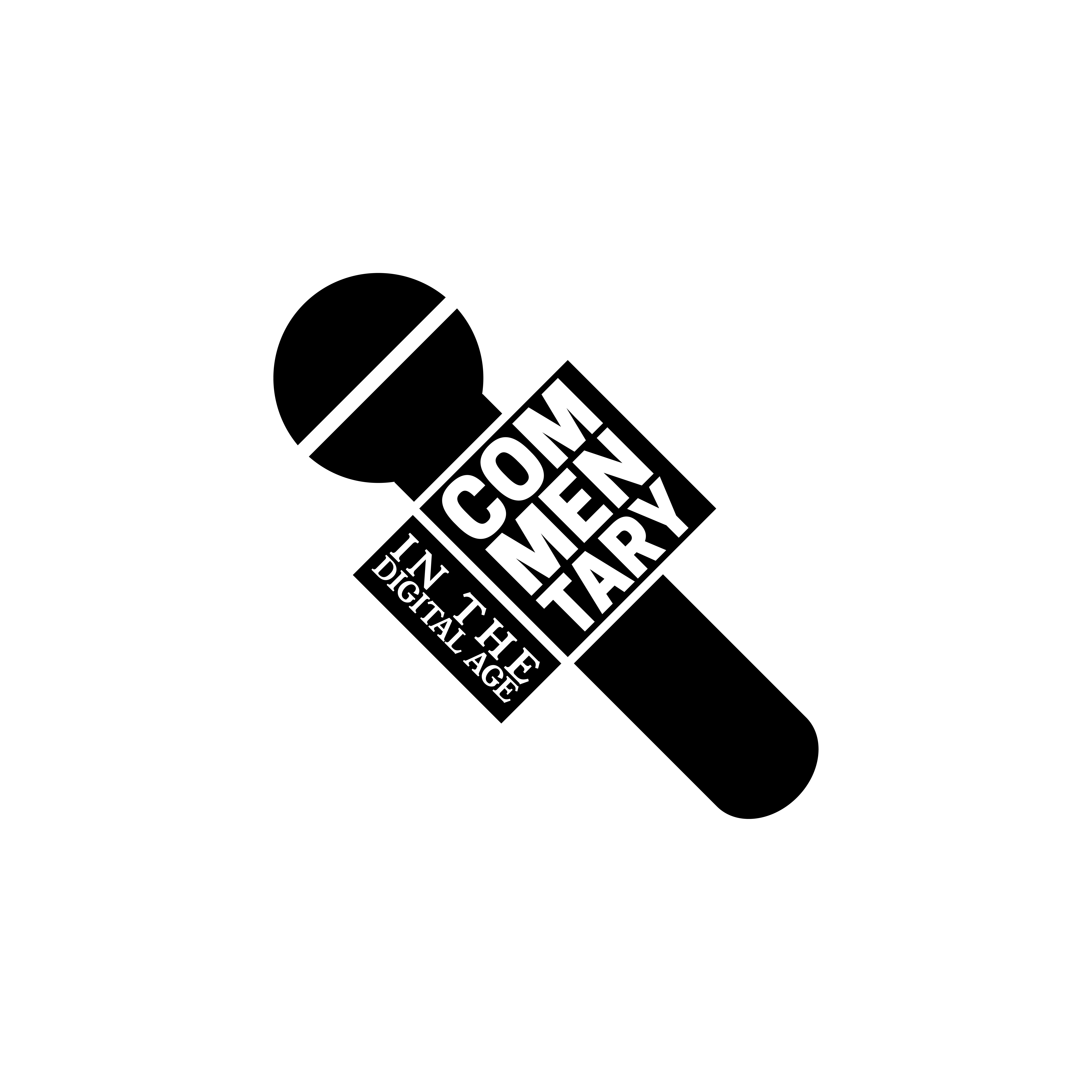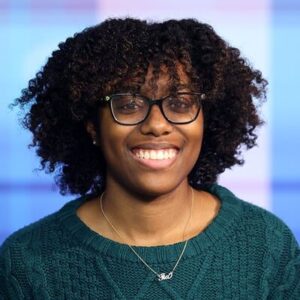On paper, it’s difficult to imagine what an 85-year-old man with 11 siblings who served in the Air Force and a 21-year-old woman in her senior year of college with two siblings may have in common.
That’s the question I hoped to answer by speaking to my Uncle William about his life and experiences.
1939 was a tumultuous year due to Germany’s’ invasion of Poland and the official start of World War II. It marked the arrival of a new Pope, the television debut of Major League Baseball, and the births of generational artists Marvin Gaye and Tina Turner. It was also the year William C. Moseley entered the world.
William Moseley, born and raised in Houston, TX, was the third child born to Earl and Jeanette Moseley. Although he’s got 11 siblings in total, he didn’t grow up around all of them due to the age gaps. By the time his youngest three siblings, Janet, Alan and Dorsey, had grown out of their infancy, William was already off to college.
“Everyone really respected the next person,” William said. “We were able to get along, and we didn’t have any real significant difficulties, but that was because of the stern discipline we received. We couldn’t misuse each other or take advantage of one another. … I didn’t have much interaction with the young ones, but we still respected them and they respected us.”
One sibling William was close with was his younger sister Sherry, who was seven years his junior. Although when they were in school together, William and Sherry treated each other like ships passing in the night, their bond strengthened once William returned from a four-year stint in the Air Force. He became something akin to a father figure to Sherry’s two kids Dawn and William Reid.
When it came to advising the young Reids, William Moseley used the takeaways from his life experiences to attempt to set them on the right path.
After graduating high school, William attended Texas Southern University. In his first semester, he was so worried about failing that he studied extra hard and made the Dean’s List. However, this inflated his ego, and his grades worsened.
His college education took longer than expected because he wasn’t able to stay in school consistently. For his first several years he alternated semesters between taking classes and working full-time until he was drafted into the military in 1963.
Upon being drafted, William joined the Air Force where he served a four-year enlistment instead of the standard two-year period. Even now, he’s glad he picked the Air Force over the other branches.
“I didn’t want to shoot at anybody, and I didn’t want anybody shooting at me, and I knew they were not going to put me on a $20 million aircraft,” William said. “So I figured I’d be physically much better off going with the Air Force, and that worked out extremely well.”
William’s time in the military took him overseas to Japan for two years. This period of his life tested him. It was the first time he’d been away from home, and he inevitably became homesick. The time away from home matured him, and he learned to rely on himself without the safety net of his parents or siblings back in Texas.
When William left the military, he finished his degree at Texas Southern, graduating in 1971 with a bachelor’s in history. He went back to school and earned a Master’s degree in counseling in 1981, a path he was inspired to pursue by his mother.
“My mother had a similar job when she was working for the Community Action Project,” William said. “I used to go and visit with her when I was in school, when I had gone back to school after the military, and I kind of enjoyed that relationship of a person with clients, and so that was the route I took because I really thought I wanted to do that.”
After bouncing around from job to job for a few years, gaining experience working with the youth, William found a permanent position with the Texas State Rehabilitation Commission, which he held until he retired. It was there that his passion for counseling began to flourish.
Even before studying the subject, William had taken to counseling informally. He learned from his father Earl, who used to sit with William and all his friends and advise them based on what he’d seen in his lifetime.
“Me and my friends would be discussing various subjects,” William said. “And he would come out and he would sit down, and he would tell us a lot of different stories about the military, about when he was in the war, and he would tell us how he had to interact with other people and what steps to take when the person approached in the wrong way. So we learned a lot from that.
“Franklin Delano Roosevelt used to talk to the American public in World War II and call them Fireside Chats. We had porchside chats with my father. I think that really served a great purpose for me because it kind of grounded me in the things that I needed to do.”
With his formal education and intrinsic knack for helping people, William fell in love with counseling. He enjoyed helping others and recognized that his gift of love and support was not one that all counselors shared.
Counseling impacted his life, the lives of those he worked with and his younger family members who looked to him for advice and support as they navigated the twists and turns of life.
“[Counseling] is really to help them to see themselves for who they are,” William said. “We look at the outside far too much with our interactions with other people. We’re looking at people to
make our decisions for us, and we never do anything for ourselves. The thought process is always done by somebody else. Counseling allows people to look inward and to weigh things before they make decisions, but it would be their decision.”
A frequent recipient of William Moseley’s advice was William Reid who developed his own sense of care when it came to mentoring young kids including his own, William, Reese and me.
Now I, Tia Reid, get to carry on the legacy of support these two men started and shared with me. I may not be a counselor, but I enjoy mentoring others. I’ve worked with many younger students through different organizations to try to help them grow as journalists and mentors in their own right.
In high school, I worked with a program called GameChang3rs where I worked with sixth-grade students. The program’s goal was to instill in the students the importance of several key values such as compassion, education and ambition.
The spirit that drove me to sign up to be a GameChan3rs Ambassador still lies in me today. And despite the 64 years and multiple generations that separate me from my Uncle William, our shared love of giving back and helping others will connect us forever.


